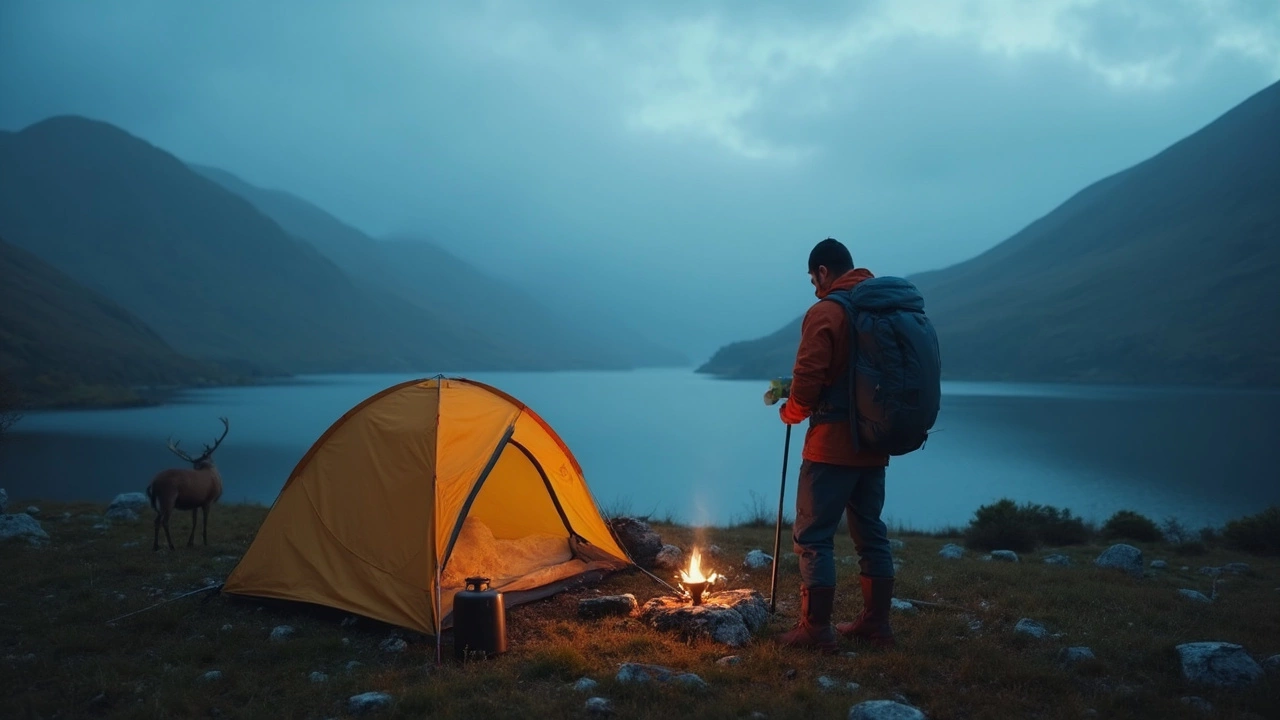Legal Wild Camping Spots in the UK – Your Quick Guide
Looking for a place to pitch your tent without paying a fee? You’re not alone. Many people think wild camping is a free‑for‑all, but the rules are actually clear and simple once you know where to look. This guide shows you how to spot legal spots, what the law says, and a few of the best free sites across England, Scotland, Wales, and Northern Ireland.
How to Spot a Legal Spot
First, check the land type. Public access land in Scotland is covered by the Scottish Outdoor Access Code, which lets you camp anywhere you like as long as you follow basic etiquette. In England and Wales, you’ll need to find land that the owner has given permission for – farms, beach sections with a byelaw, or designated wild‑camping zones in national parks.
Look for signs that say “No camping” or “Private land – no entry”. If you see a sign, move on. If there’s no sign, ask the landowner or a local shop. A quick chat can save you a ticket and a headache.
Pay attention to local bylaws. Some coastal towns have rules that ban overnight tents on the beach, while others allow a few hours after sunset. The same goes for forest areas – some forests have designated wild‑camping areas that are free to use.
Top Legal Wild Camping Areas
Scotland: Most of the Highlands, the Cairngorms, and the Isle of Skye are open for wild camping under the Access Code. Just follow the Leave No Trace principles – pack out everything, keep fires small or use a stove, and stay away from nesting sites.
Lake District (England): While most of the park is off‑limits, the Low Fell area near Penrith has a few authorized spots where you can stay overnight without a fee. Check the Lake District National Park website for the latest map.
Gower Peninsula (Wales): The beaches at Rhossili and Three Cliffs have sections where you can camp legally after 10 pm, provided you leave the area clean and respect local residents.
Coastal Path (Northern Ireland): The Causeway Coast offers a few legal camping bays near the cliffs. Look for designated “Wild Camping” signs and follow the one‑night limit.
When you find a spot, follow the simple three‑rule rule: set up away from water sources, use a portable stove instead of a fire, and leave the area exactly as you found it. This keeps the land open for everyone and avoids fines.
Need more ideas? Our blog posts "Wild Camping Laws in the UK" and "Can You Pitch a Tent in a Public Park UK" break down the rules step by step. They also list hidden gems that many travellers miss.
Remember, the best legal wild camping spots are the ones you respect. A little common sense, a quick check for signs, and a polite hello to the landowner go a long way. Now grab your gear, map, and sense of adventure – the UK’s free campsites are waiting for you.
Wild Camping UK: Where Are You Actually Allowed To Pitch Your Tent?
Thinking about wild camping in the UK? The rules change depending on where you go—Scotland is famously relaxed, but England and Wales? Not so much. This guide cuts the fluff and gets right to the heart of where you can go, what you need to know, and how to avoid angry landowners or a run-in with the law. Real, up-to-date info, plus tips to keep your camping trip smooth and drama-free. If you’ve ever wondered how to camp wild in the UK without hassle, this is your cheat sheet.
